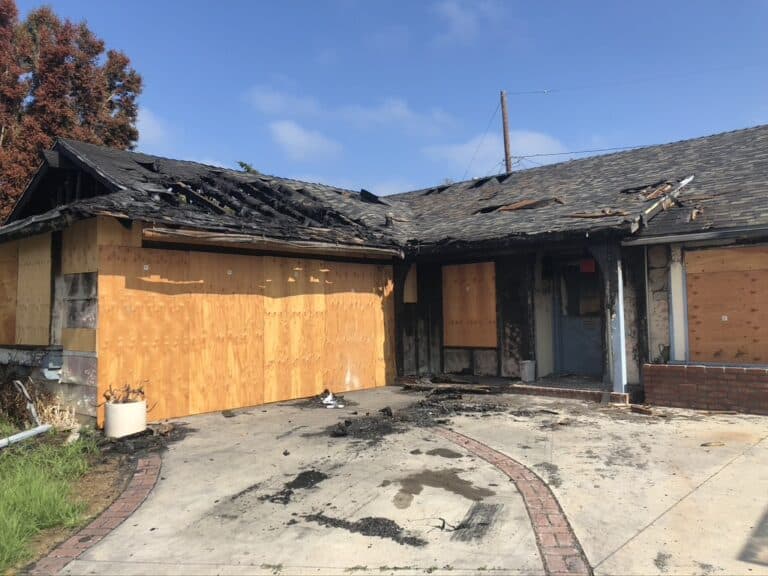Public Adjuster vs. Attorney: Choosing the Right Advocate for You
My name is Nikolay Zubyan. I am a Senior Professional Public Adjuster, Certified Property Appraiser and Umpire, Licensed General Contractor, and IICRC Master Restorer with over 25 years of experience and expertise in the Insurance, Construction, and Restoration industries.
During years in Public Insurance Adjusting, I came across the question of who should clients have represented them in the insurance claim process. The answer is it all depends on the claim’s status, complexity, stage of the claim, and insurance companies handling the claim.
Every insurance claim is different from another by the scope, property condition, damage circumstances, and, more so, client expectations vs what the settlement is.
When disaster strikes and you’re faced with property damage, choosing the right advocate is crucial. Public adjusters and attorneys both assist with insurance claims but serve different roles. Understanding their differences can help you decide which professional best suits your situation.
What Does a Public Adjuster Do?
A public adjuster is a licensed professional who represents policyholders in the insurance claims process. They assess damage, document losses, prepare claims, and negotiate with insurers to secure a fair settlement. Hiring a public adjuster is beneficial when handling complex claims, navigating policy language, or disputing undervalued settlements. They also relieve policyholders of the administrative burden, allowing them to focus on recovery.
Public adjusters specialize in preparing, filing, and negotiating insurance claims to ensure policyholders receive the maximum settlement possible. They conduct thorough property inspections and document losses with precision, ensuring that no damages are overlooked. A significant advantage of working with a public adjuster is their ability to identify policy coverages that insurers may not readily disclose, which can result in a more favorable settlement. Additionally, they handle all communication with insurance companies, preventing misstatements that could negatively impact the claim. Since they work on a contingency fee basis, their success is directly tied to securing a higher payout for policyholders. Unlike attorneys, public adjusters provide hands-on, client-focused service, guiding policyholders through the entire claims process from start to finish.
What Does an Attorney Do?
An attorney specializing in insurance law provides legal advice, challenges claim denials, and represents policyholders in court when necessary. Attorneys are particularly useful for denied or disputed claims, cases involving ambiguous policy language, or situations that escalate into legal battles. Their focus is on legal strategy and courtroom advocacy, which makes them essential in cases where litigation is required.
However, attorneys often manage multiple cases at once and may prioritize legal disputes over detailed claim preparation. Because their expertise lies in legal interpretation rather than property damage assessment, they may overlook critical non-litigation issues that a public adjuster would typically handle. Attorneys generally become involved after a claim has already been denied or when a lawsuit is necessary, which means policyholders may first need to go through a lengthy dispute process before seeing results. Additionally, legal fees can be higher, particularly if the case requires extensive litigation, making public adjusters a more cost-effective option in many situations.
Key Differences & When to Hire Each
For most property damage claims, starting with a public adjuster is the best approach. Public adjusters have the expertise to maximize settlements without litigation and can resolve most claims without the need for legal action. If an insurance company denies a valid claim, refuses to negotiate, or engages in bad faith practices, then involving an attorney may be necessary. In some cases, both professionals work together—a public adjuster ensures the claim is well-documented and negotiated properly, while an attorney steps in if the dispute escalates to litigation.
Choosing the Right Advocate
Choosing between a public adjuster and an attorney depends on the complexity of your claim. If you need hands-on assistance with claim preparation, damage assessment, and negotiation, a public adjuster is the best choice. If your claim has been denied or requires legal action, an attorney may be necessary. At Shield Public Adjusters, we provide expert guidance throughout the claims process and can coordinate with legal professionals if needed. Contact us today to ensure your claim is handled efficiently and fairly.








One Comment
Comments are closed.